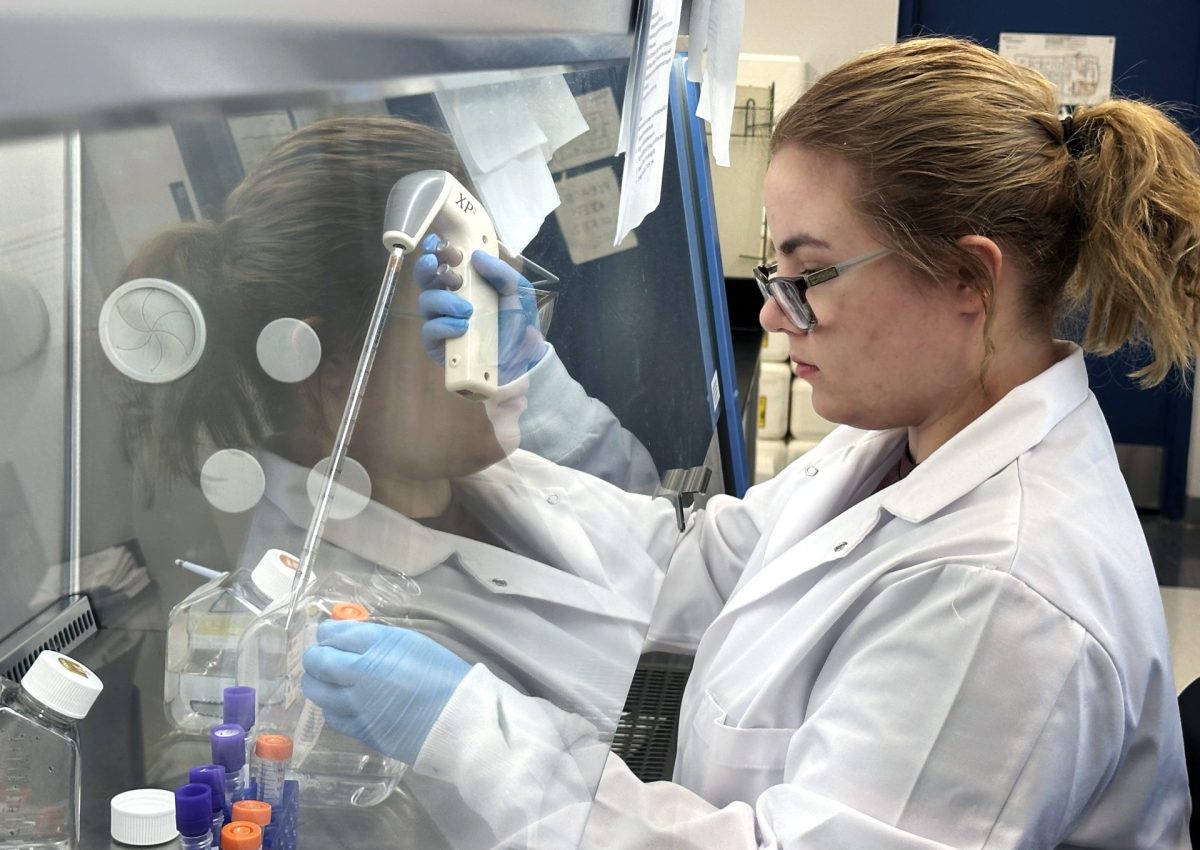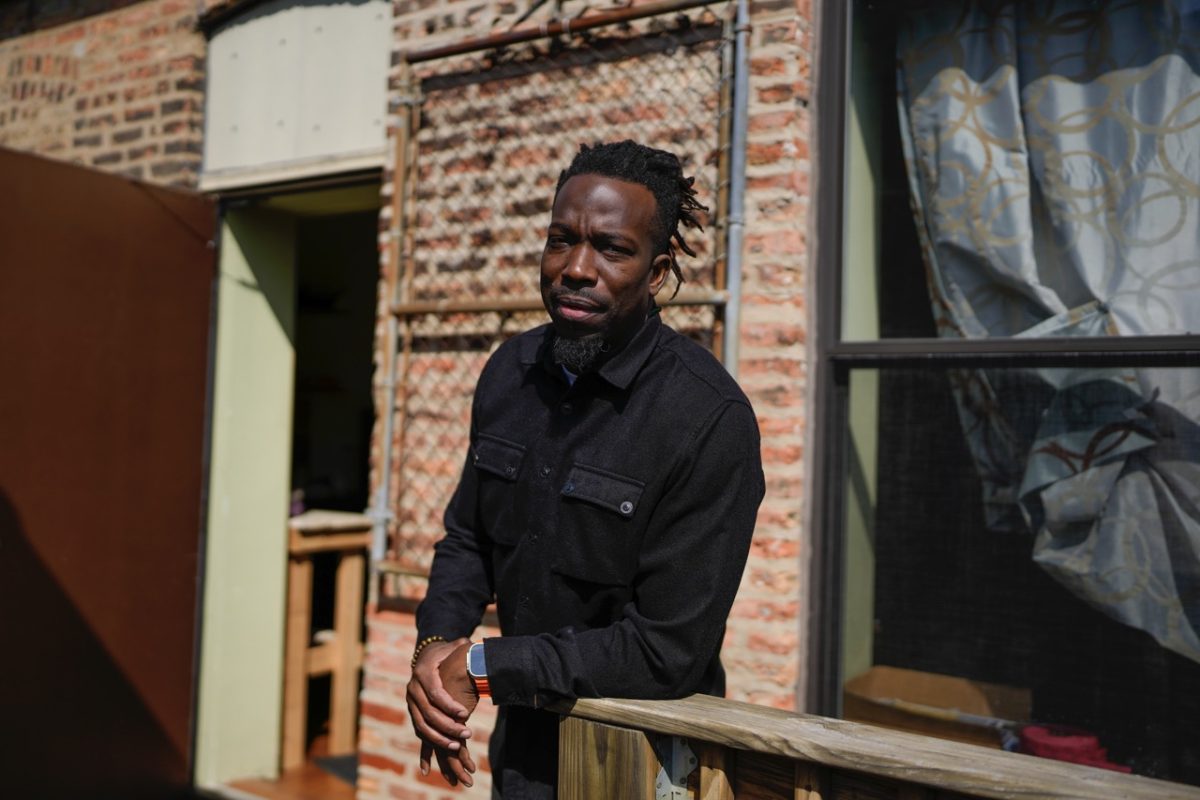Are we sitting this one out?
“Younger voters vanishing” screamed a Sept. 26 Chicago Tribune headline above a story reporting there were 180,000 fewer registered voters in the 18-to-34 bracket than were signed up in Cook County at that point prior to the 2008 presidential.
Sure, President Barack Obama remains heavily favored to carry Illinois. But if vanished youth proves a national trend, the incumbent-who relied on that demographic in 2008-could be in for a long night Nov. 6.
Then again, no candidate can say DePaul University did not try to prod students to the polls.
With its Get Out the Vote (GOTV) campaign, DePaul’s Student Involvement office seeks to raise awareness about elections and voting processes. It also offers “opportunities to register to vote, learn how to submit an absentee ballot and become familiar with the issues,” according to the organization’s website.
DePaul’s Student Government Association (SGA) also has been the advocate of a politicially educated student body.
“SGA has been an avid participant in the Get Out the Vote campaign and UVote at the university,” said Anita Hui, SGA’s Executive Vice President of Student Affairs. “This campaign allows students to register to vote in the upcoming election. It also gives the option of requesting early voting ballots for those who can’t make it to a designated voting station on the day of the election.”
Hui also noted The Office of Student Involvement and Student Leadership Institute are trying to promote participation in the upcoming elections, which have a tough act to follow in terms of turnout compared to 2008.
In 2008, more than 130 million Americans turned out to vote. Young voters scored one of the highest turnout rates ever, and now are a well-established target of both Democratic and Republican campaigns.
According to a 2009 report by The Center for Information and Research on Civic Learning and Engagement, an “estimated 22 million young Americans under the age of 30 voted in the 2008 presidential, or two million more than in the 2004.” Voters aged 18-24 constituted shared 9.3 percent of the 2008 electorate, a significant gain from the 7.8 percent in 2004. Indeed, it was their largest share of the electorate since 1984, when they represented 11.2 percent of the votes cast.
With a variety of strategically planned events like a Wednesday afternoon lecture series, DePaul’s “Vote DePaul” campaign invites students to exercise their constitutional right.
Caroline Winsett, SGA President, talked about the efforts student government has made in conjunction with the Vote DePaul campaign to involve students.
“We had a full host of registration events scheduled in August, because of the voting deadline in October. We also have other events scheduled like debate viewing parties where we discuss the issues, media bias and those sorts of things,” said Winsett. “We’ll conclude on Nov. 6 with the student government hosting Election Day coverage in the atrium of the Lincoln Park Student Center.”
Yet there is still evidence that suggests this election is not as engaging to young people as in 2008.
A Sept. 28 Pew Research Center report found that only 63 percent of U.S. registered voters between the ages of 18 and 29 will “definitely vote” this fall, well under the 72 percent of that cohort who expressed intentions in 2008.
The election is apparently not weighing very heavily on young voters’ minds, either. Only 48 percent of 18- to 29-year-olds have “given quite a lot of thought to election,” according to the same Pew report. This number is down significantly from the 65 percent four years ago.
Yet some students are very involved. SGA Vice President Casey Clemmons works as a paid media manager within the Obama for America Headquarters. And at least two recent DePaul alumni, Colin Russ and Dan Dunham, are involved in the Romney campaign, both serving as digital events coordinators.
“I think it’s important as both students and youths living in the city of Chicago that we’re committed to civic engagement and contributing and giving back to the community in which we live,” said Winsett. “But I think before one can do that, they need to know the issues themselves and what they’re voting on, so I think that’s a critical part of being civically engaged, being informed, being aware.”
?







